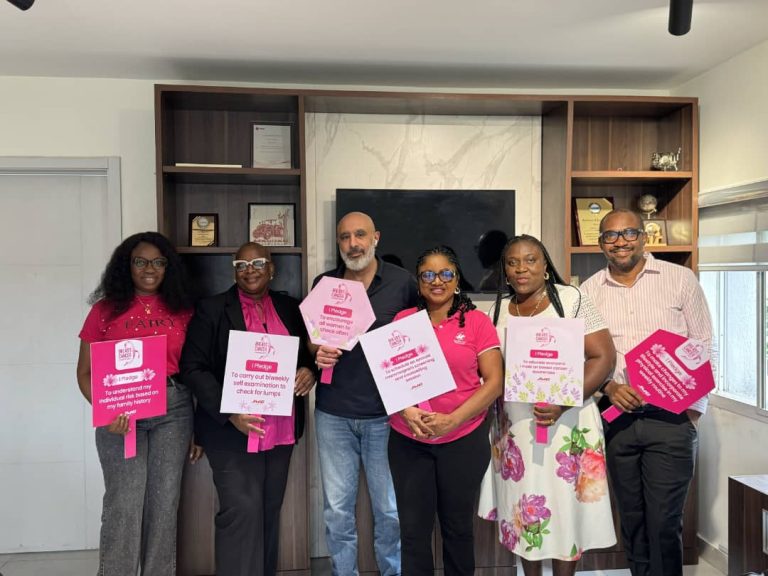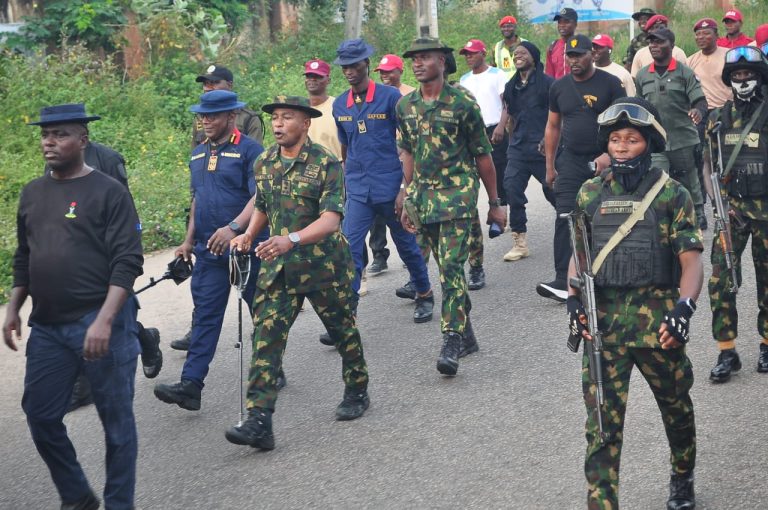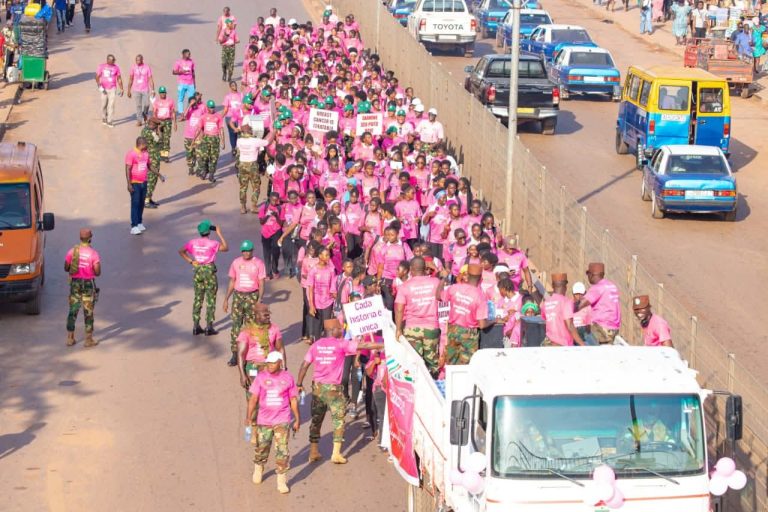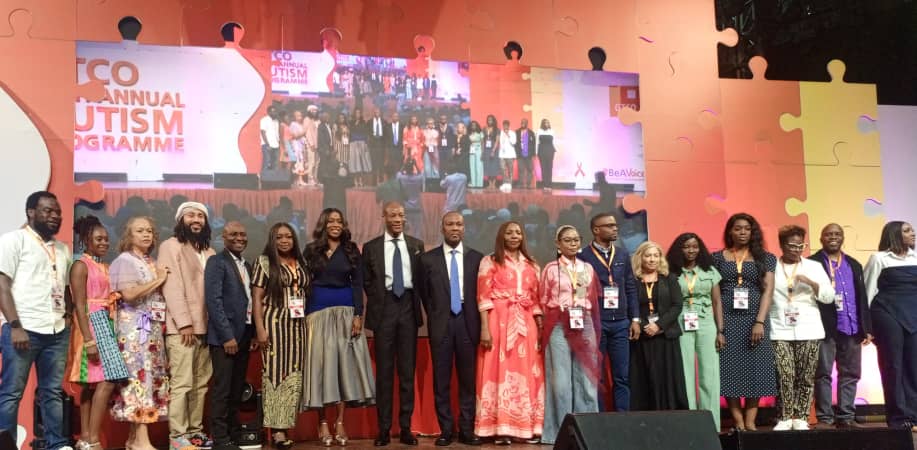
By Okosun Dennis
With unlimited possibilities, parents with children living with Autism Spectrum Disorders, have a course to smile rather than groping for where solutions will come.
With the Group Chief Executive Officer, GTCO, Mr. Segun Agbaje giving a titbit in his opening remarks at the GTCO Autism Conference 2025 held at Muson Centre Onikan on the 16th July, 2025, he said: “Awareness is the starting line, action is the race.”
The inclination of parents’ hope being dashed or having no where to recline has ebbed, as GTCO has giving assurances to continue to assist in creating awareness, render necessary support through expertise knowledge that would galvanize the inclusivity of autistic individuals.
While speaking as a panelist, Osesusi Bolodeoku gave accolade to GTCO for conducting a conference on autism stressing that doing so was an action in itself while the consultation is a pivotal.
The founder of Applied Behaviours Analysis Clinic (ABA), as clinician, we are like detectives with so many questions on our heads. We try to unravel behaviours and why autism is as peculiar as it is.
She called for more extensive research to proceed further and create needed awareness. She explained that a lot of people know about autism but are deficient in the narratives hence we need to keep pushing the awareness aspect.
At the community level, she recommended having a robust accommodation of all spheres – the neurodivergent, neurotypical – in an inclusive environment, reiterating that ASD individuals should have access to banking, schools tailored to their specific needs.
Osesusi observed that “Autism is a lifelong; therefore, action should not stop because there are different manifestations of several behaviours – as you deal with one, another manifest. Therefore, you need to be well equipped as clinician.
In her lecture, “From Stage to Streets,” an International Behaviour Analyst (IBA), Solape Azazi, who has an autistic child that was diagnosed at the age of 3 years, reiterated that over the years, she has learnt a lot from his son better than he learnt from her.
She explains that experience has shown that sometimes they lack the words to communicate their feelings, wants and needs. Therefore, he admonished caregivers to align with their peculiar disposition, come to their level of understanding and communicate to that extent.
“You need to think along their perspective and that has helped me communicate with my son and better advocate for his needs.”
At the panel discussion, the panelists adduced varying prescription on how best clinicians, caregivers can assist ASD to become better persons in the society without being discriminated against.
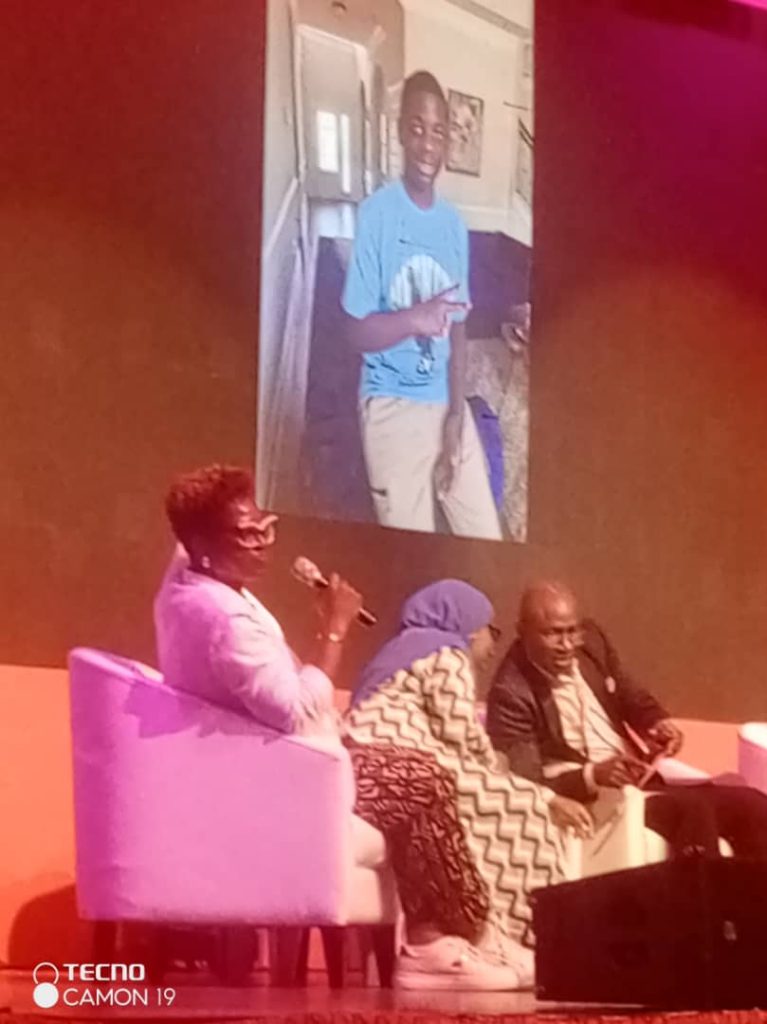
While speaking on the topic, “Vocational Development and Community Support,” Prof Mashudat Bello-Mojeed, a Professor of Psychiatry and Public Health at Crown University International, USA and Kings & Queen Medical University College, Ghana alluded to Vocational development as sets of ability and competences that prepares an individual for ultimate employment. Therefore, autistic individuals need vocational skills to function adequately and carry out task in later years.
To Dr Bernadette Kilo, sharing her experience as a mother of a 11 years old autistic individual, noted that families and community must fill the void where institutional support is lacking or limited.
She called on parents to pay attention to developmental age of ASD as the end goal is the ability to communicate. Therefore, she advocated much results will not be achieved if there is no inclusivity, adding that without community and culture, we lose our sense of belonging.
As one of tbe strategies to teach ASD at home and school, they offer expert advise especially at different stages of developments. From ages 4-10 (pre- vocational skills called survival skills), should be taught which involves a lot of play method; play routine and functional task and reward system should be employed to make them inclusive.
Other prescriptions were teaching about puberty and money at age 10-14 while money management and personal hygiene should continue from years above.
Others who added their voices included Camiella Hay, Oyeyemi Adako, recommended the application of AI in resolving conundrums but stressed that its use must be moderated; Rashard Dobbins, Afeez Abdulrasak, Georgiana Koyama, a vocal advocate for diversity, equity, and inclusion especially at the intersection of race and neurodiversity, shaping more just systems for neurodivergent children and Benedict Sama among other distinguished speakers.

